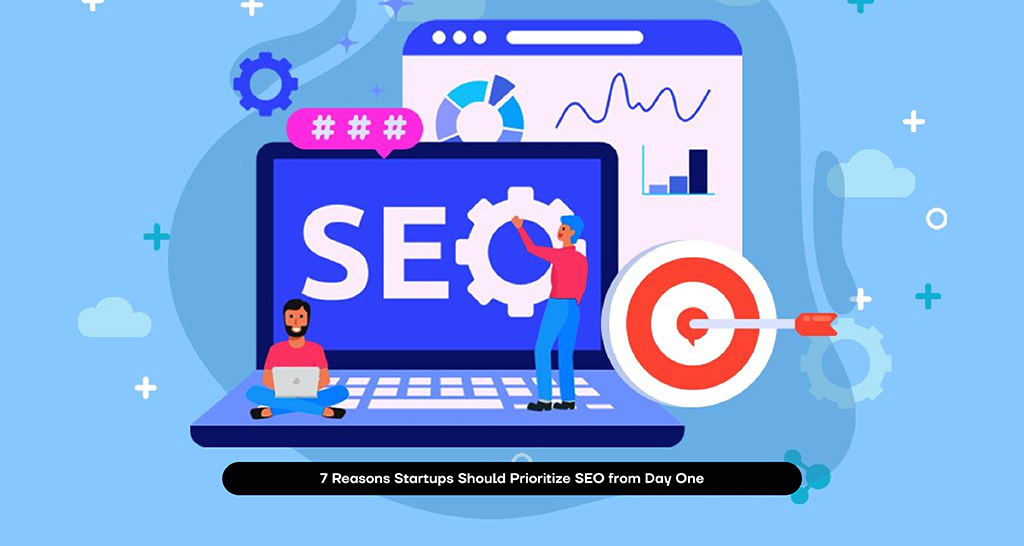Launching a startup involves a flurry of decisions, ranging from product development to securing funding and marketing strategies. During this turmoil, Search Engine Optimization (SEO) frequently becomes a secondary concern. Nevertheless, emphasizing SEO from the outset can significantly impact long-term success. Below are seven persuasive reasons why startups ought to incorporate SEO into their initial strategy.
- Cost-Effective Marketing Strategy
Search Engine Optimization (SEO) is among the most economical methods for driving traffic and enhancing brand recognition. In contrast to paid advertising, which ceases immediately when funding is withdrawn, SEO initiatives can produce steady traffic over an extended period. For startups operating with limited financial resources, prioritizing organic growth provides enduring benefits.
- Builds Long-Term Credibility and Trust
Achieving a high-ranking in-search results enhance your brand’s credibility. Users generally place their trust in Google, and when your startup is featured at the top of the results page, that trust is transferred to your business. By prioritizing SEO from the outset, startups can build a strong foundation of trust and domain authority.
- Organic Traffic is Highly Targeted
Search Engine Optimization (SEO) assists in drawing in users who are actively seeking your product or service. This traffic, driven by intent, has a higher likelihood of converting than traffic from social media or display advertisements. For a startup, each lead is significant, and SEO generates potential customers at the appropriate phase of the buyer’s journey.
- SEO Supports Other Marketing Channels
A well-optimized website enhances performance across various digital platforms. Regardless of whether you are conducting email campaigns, PPC advertisements, or social media marketing, a robust SEO framework guarantees that all incoming traffic reaches a swift, user-friendly, and conversion-optimized site.
- Insight into Customer Behavior
SEO tools offer essential insights into the search behaviors of your audience, their interactions on your website, and the performance of various content types. This data is instrumental in enhancing product offerings and marketing strategies to more effectively address customer requirements.
- Competitive Advantage
Numerous startups tend to neglect SEO at the outset, prioritizing paid advertisements and public relations instead. By allocating resources to SEO from the beginning, your startup can secure a competitive advantage, seizing market share prior to competitors initiating their optimization efforts.
- Compounds Over Time
Search Engine Optimization (SEO) is a strategy that yields long-term benefits and increases in value over time. The earlier you initiate your efforts, the sooner you will start establishing authority and improving your rankings. As time progresses, the results of your SEO initiatives accumulate, leading to consistent growth in traffic and the generation of leads.
In summary, integrating SEO from the beginning is not merely wise; it is crucial. By adopting this approach, startups set themselves up for organic growth, enhanced brand credibility, and sustainable success.

